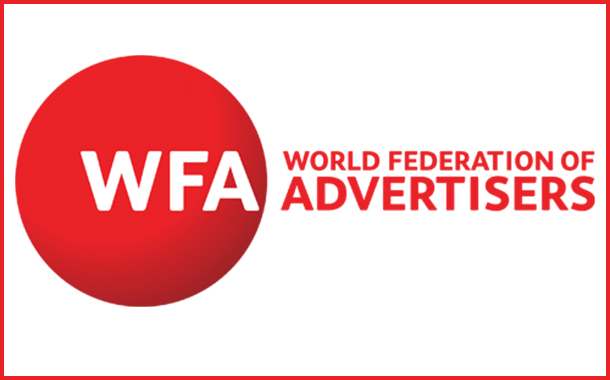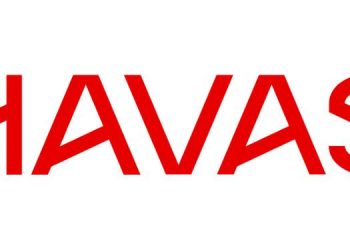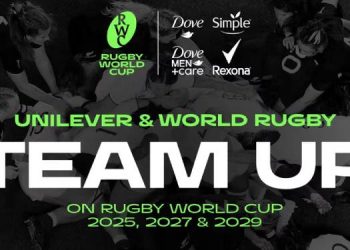The World Federation of Advertisers has launched a new guide to help brands ensure their advertising reflects a more progressive portrayal of both sexes.
Released at the WFA’s Global Marketer Week conference in Tokyo overnight, ‘A Guide to Progressive Gender Portrayals in Advertising’ makes a social and business case for ‘unstereotyping’ ads, including real life case studies and actionable tips for brand marketers.
The WFA’s move comes after the UK Advertising Standards Authority announced it would tighten its rules on gender stereotyping this year.
The WFA’s move is part of the #Unstereotype Alliance, launched by UN Women with the support of global brands including Unilever, Procter and Gamble, Mars, Diageo, Johnson & Johnson and Mattel.
Through the WFA’s network of 60 national advertiser associations around the world, it hopes to build momentum for reducing stereotypical advertising by brands around the globe.

Keith Weed, chief marketing and communications officer, Unilever expressed his support, “We’ve started to see real progress, but it doesn’t yet go far enough or wide enough. Our job won’t be done as long as ads still diminish or limit the role of women and men in society.
“I hope that this WFA guide can share knowledge and insights across global brand owners, and critically, to their 60 national advertiser associations on six continents so that they can see why this is no longer just a social imperative but a business one. This is exactly the kind of collective, cross-sector collaboration that is needed and which I hope leads to sustained transformation across our industry.”
The guide outlines the benefits of taking a more progressive approach from a political and social perspective, as well as the business benefits for brands, particularly given the number of purchase decisions that are influenced or made by women.

It also provides marketers with practical tips about how they can bring about change in their own organisations, including insights from and steps taken by senior marketers at Johnson & Johnson, Unilever and Diageo as well as case studies from around the world featuring other brands that have tried to positively address gender stereotypes in advertising.
“Our industry needs to be brave enough to depict society in a realistic way rather than reinforce potentially harmful stereotypes,” said David Wheldon, CMO RBS and WFA President.

















